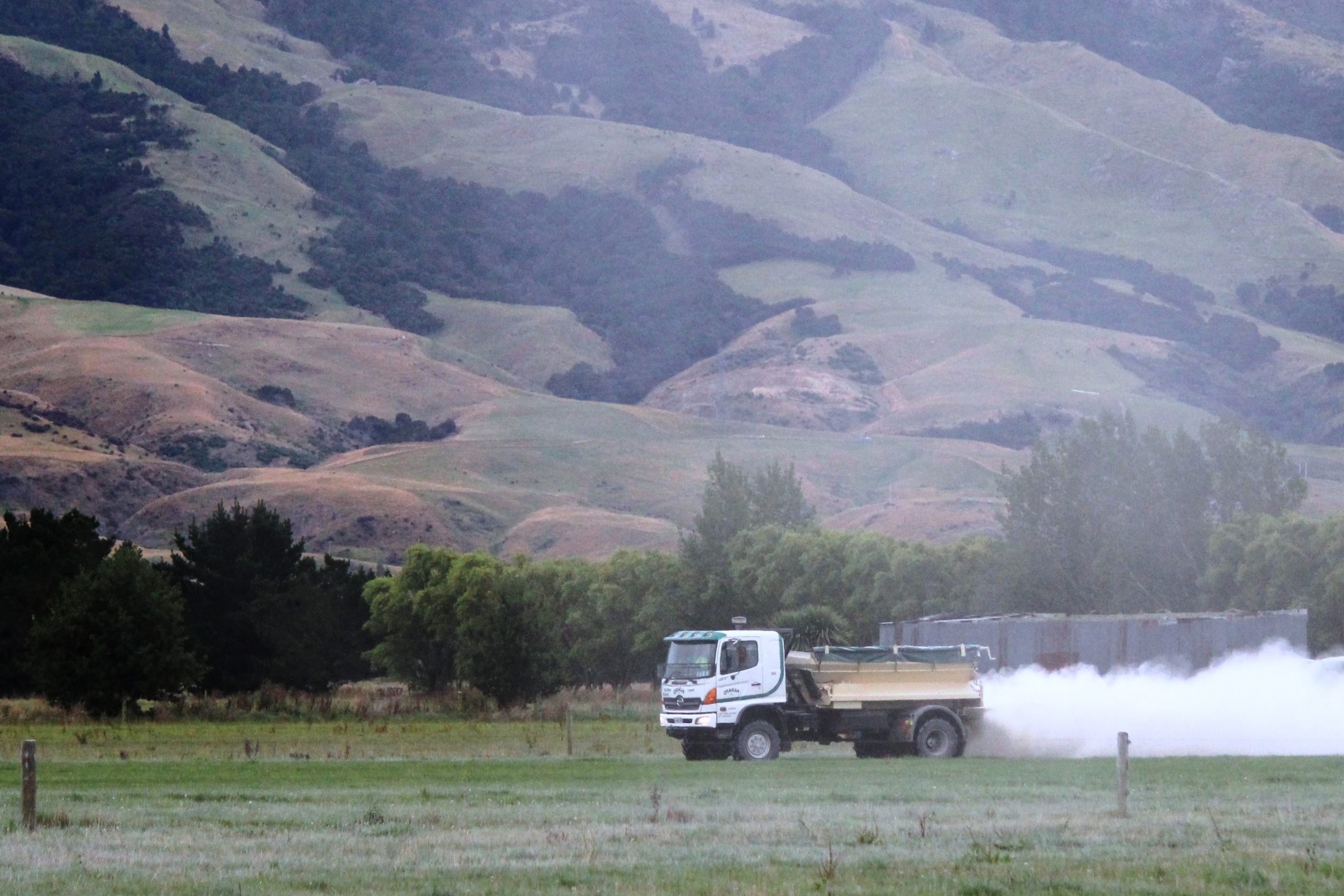The NZ Merino Company’s approach to regen agriculture could provide an example for other primary sectors on how to engage with and harness the movement. Anne Lee reports.
New Zealand Merino Company’s approach to regenerative agriculture could provide an example for other primary sectors on how to engage with and harness the growing movement.
Dave Maslen is the general manager of markets and sustainability at the New Zealand Merino Company and says the ZQRX index, launched in February, shows where farmers are on their regenerative journey and allows customers and consumers to engage more closely with the producers of the clothes, shoes or wool products they’re using or wearing.
He explained the genesis and development of the index at the Boma New Zealand Ari Summit: E Tipu in Christchurch last month.
The index has the company’s quality assurance standard ZQ at its heart with farmers having to meet the standards that cover animal welfare, environment and social responsibility.
The ZQ standard also provides traceability from the consumer back to the grower and brand partners such as Allbirds, Icebreaker and Smart Wool make use of the standard in their own marketing.
The system is audited but Dave says the problem with auditing to a minimum standard is that it doesn’t recognise those who are going beyond that and can drive mediocrity.
“We find growers all the time who are doing extraordinary things, going way above and beyond the minimum acceptable standard.
“They’re regenerating indigenous forests, working with their communities, their local iwi.
“And that’s what regenerative farming is all about – it knows no destination, it’s a journey not painted in black and white.
“So we needed a model that reflected the nuances of regenerative agriculture, that reflects the interaction between land and people and animals and soils and plants – something that’s so unique to every farmer involved with it.”
The company got farmers, scientists, regenerative farming proponents and brand representatives together to discuss how they could meet the consumer’s desire for something that went beyond sustainability.
“What we landed on was that it is a mindset – a mindset of progress not perfections, about continuous improvement and about underpinning that with sound science and data.”
Animals, environment and people
The ZQRX index developed out of those discussions has three pillars – animals, environment and people.
“Within each of these are five key performance indicators that growers can use to measure themselves, their performance and their cadence of change.
“The beauty of this is that a grower who is really passionate about biodiversity can score highly in that but maybe not so high in other areas – and that is absolutely fine.”
The ZQ requirement is there at the core and beyond it, within the RX index it’s about building tools not rules.
The index looks at key performance indicators such as biodiversity, waste, water, climate and land under the Environment pillar But it goes beyond the typical sustainability factors and looks at factors such as community, learning and development and health and wellness under the people pillar.
The index allows farmers to learn and adapt practices that are regenerative and holistic and suit their own farms and own situations rather than prescribing a set of practices that must be adhered to.
Dave says it was with a fair bit of trepidation that the company held a zoom meeting for 350 farmers to explain the index and talk about regenerative agriculture with brand partners joining the meeting to explain what consumers are looking for.
“Virtually overnight we had 173 farmers sign up to be part of it,” he says and similar numbers are waiting to join.
“The index and being part of the programme means farmers are focusing specifically on how they can drive a regenerative future and how they might customise their farming system specific to the values their customers are asking for,” he says.
Dave praised climate change and environmental activists for raising the bar and the awareness of how important the issues are.
“I want to celebrate the activists but more than the activists I want to celebrate someone else.
“I want to celebrate the actionists. I want to celebrate those farmers who are out there everyday living a regenerative mindset, actively driving their farms to leave them better than they found them – because they are the heroes.
“They are the ones taking the messages from the activists, the messages from the scientists and implementing them – and they are being rewarded for doing so, as they should be, by their markets.”
Brands looking at what’s driving consumer decisions have found consumer guilt can be a key incentive.
They have listened to the activists and are aware of the problems facing the planet and they’re asking themselves how they can be part of the solution not the problem, Dave says.
“How do they mitigate that guilt? They can do it by purchasing products that align more effectively with their personal value set.
“If consumption is the cause, can consumption of the right products be part of the cure?”





